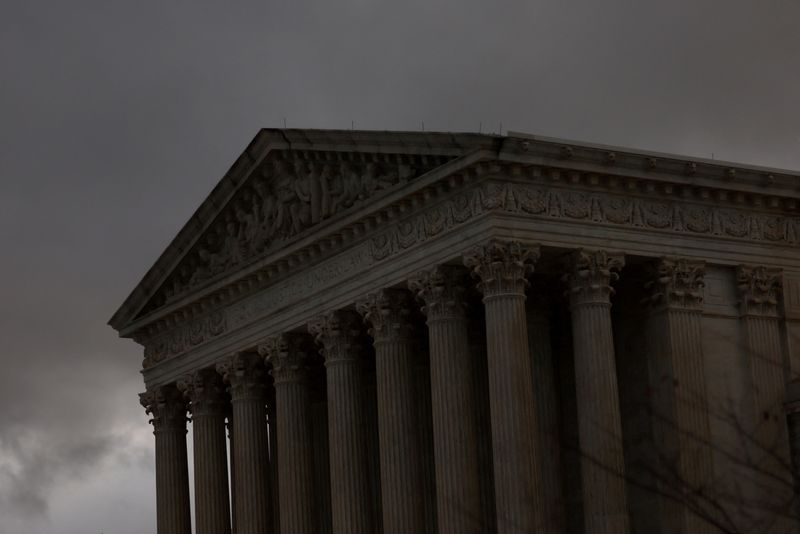By Nate Raymond
(Reuters) -The U.S. Supreme Court on Monday declined to hear a bid by StarKist Co, owned by South Korea's Dongwon Industries, to avoid a lawsuit by tuna buyers accusing it of fixing prices.
The justices turned away StarKist's appeal of a lower court's decision that let three groups of tuna purchasers receive class action status to jointly sue the canned tuna company even though a large number of buyers may not have been overcharged and injured by the price fixing.
The case could have given the justices, had they decided to hear it, a chance to make it harder for consumers and other plaintiffs to receive class action status.
The Reston, Virginia-based company, which produces StarKist Tuna, had asked the Supreme Court to consider whether plaintiffs could still win class action status in cases in which some of the members of the class were not injured by a company's alleged wrongdoing.
StarKist's appeal garnered the support of business groups including the U.S. Chamber of Commerce, which in a brief to the justices said "there are too many judges who, despite this court's instructions, continue to put a heavy thumb on the scale in favor of class certification."
Class action status allows a few plaintiffs to litigate on behalf of a much larger group rather than forcing individuals to litigate separately. Businesses fight to avoid cases winning class action status, which can expose them to massive potential damages and create pressure to settle.
The litigation, filed in federal court in California, followed a U.S. Justice Department investigation into a three-year conspiracy by U.S. suppliers of packaged tuna including StarKist and Bumble Bee Foods to fix prices for their products in violation of antitrust laws.
StarKist pleaded guilty, admitting to having fixed the prices of canned tuna from as early as November 2011 through at least as late as December 2013, and was sentenced in 2019 to a $100 million fine. Bumble Bee and three industry executives also pleaded guilty. Former Bumble Bee CEO Christopher Lischewski was convicted at trial and sentenced in 2020 to 40 months in prison.
Prosecutors said the scheme affected more than $600 million dollars of canned tuna sales.
Amid the investigation, a number of packaged tuna purchasers filed proposed class actions against Bumble Bee, StarKist and a third company, Chicken of the Sea, who together sold more than 80% of the packaged tuna in the United States. The plaintiffs accused the companies of violating federal and state antitrust laws through a scheme that caused them to overpay for tuna.
In 2019, a trial judge granted class action status to three separate groups of tuna buyers: direct purchasers such as national retailers and regional grocery stores; commercial food preparers; and individual consumers.
The companies appealed, saying 28% or more of direct purchasers by their analysis may not have been harmed.

A three-judge panel of the San Francisco-based 9th U.S. Circuit Court of Appeals in 2021 decertified the three classes, saying the judge had failed to determine whether or not the number of uninjured tuna buyers was too small to justify class action status.
On further review, an 11-judge 9th Circuit panel voted 9-2 in April to break the three classes apart and declined to adopt a rule against certifying a class action even if only a trivial number of class members were harmed. StarKist appealed that ruling to the Supreme Court.